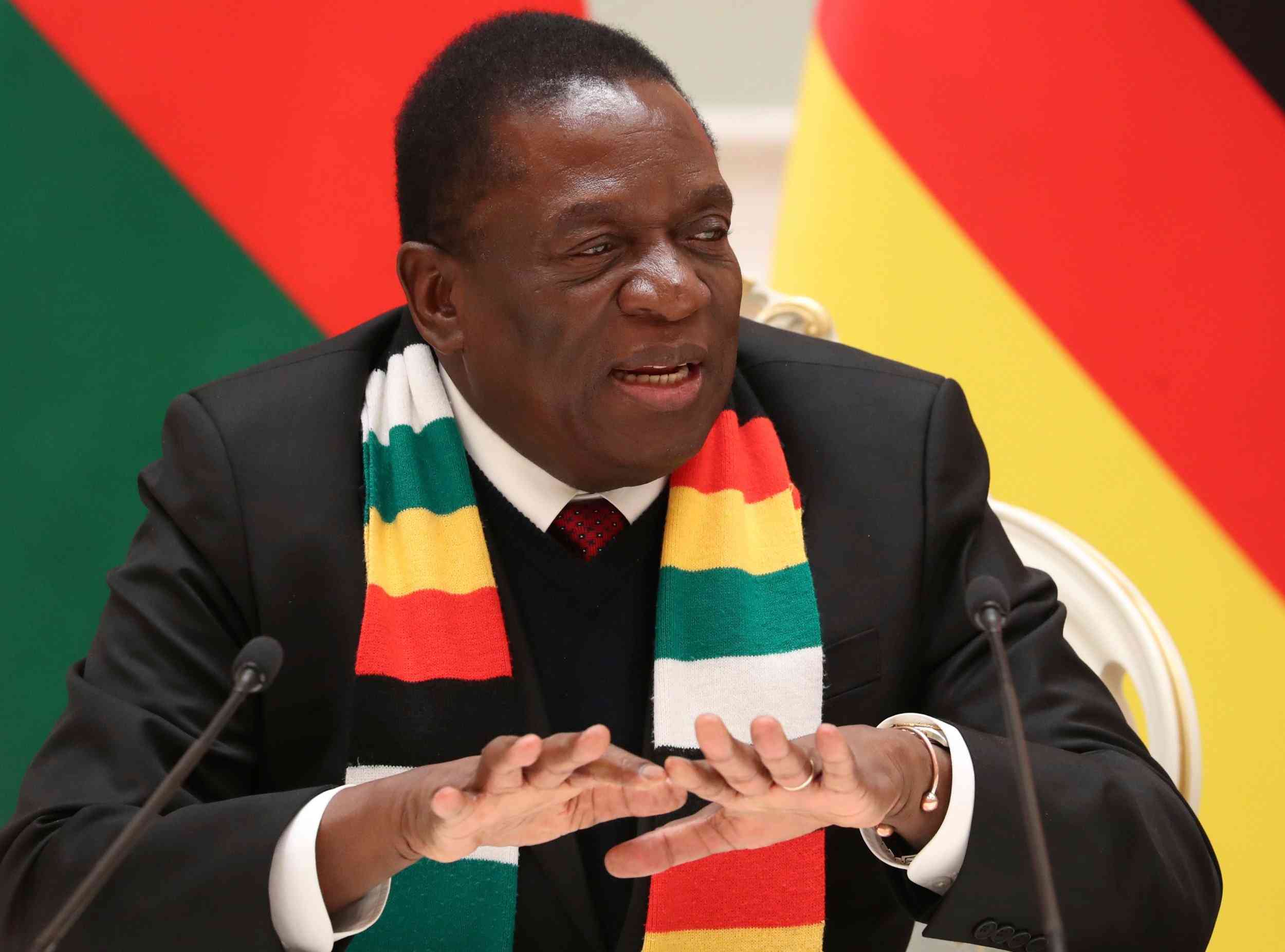
BY SHAME MAKOSHORI
AN “aggressive” central bank liquidity mop up operation to stem rampaging inflation has slowed down financial sector expansion, First Capital Bank (FCB) said Friday, as it projected the hawkish monetary policy stance to continue.
The Zimbabwe Stock Exchange listed FCB said along with mop up operations, “high” overnight accommodation rates of 60% were also “slowing down balance sheet expansion”.
Under fire from the inflation rage, the Reserve Bank of Zimbabwe (RBZ) has been battling to forestall currency volatilities which have spiralled out of control.
Zimbabwe is fighting to avoid a repeat of the 2008 crisis, which ended with 500 billion percent inflation, and the collapse of its currency.
In a series of measures announced on Tuesday, the RBZ acknowledged that it had reined in on money supply growth by limiting reserve money to “stable levels” of around $28 billion in the past half year.
Money supply is usually a big drive of inflation.
It said annual growth in broad money tumbled to 151% during the first quarter from 384% at the end of March last year.
- Chamisa under fire over US$120K donation
- Mavhunga puts DeMbare into Chibuku quarterfinals
- Pension funds bet on Cabora Bassa oilfields
- Councils defy govt fire tender directive
Keep Reading
Sharing FCB’s quarterly result with investors, acting company secretary Sarudzai Binha chronicled implications of the central bank’s bold move.
“The Reserve Bank of Zimbabwe maintained a tight liquidity management framework, mopping up daily excesses into zero coupon non-negotiable certificates of deposits, whilst keeping the overnight accommodation rate high at 60%, as measures to stem inflation,” Binha said in a commentary.
“These measures have had the effect of slowing down balance sheet expansion in the financial sector.
“The bank expects the aggressive liquidity mop up and high interest regime to subsist up to the end of the year as a way of neutralising inflation pressure from an otherwise expansionary fiscal posture arising from the need to restore basic infrastructure and to support social funding against projected food shortages following a below par agriculture season.
“The bank will remain cautious in its approach to ensure that liquidity outages are minimised whilst taking advantage of the expected resurgence in growth sectors which include mining, industrial, farming and tourism.”
Zimbabwe swung to crisis point during the review period as pressure mounted, frustrating government’s policy responses.
Average month on month inflation charged to 6,2%, from an average of 6% reported during the last quarter of last year.
“Inflationary pressure was further exacerbated by continued depreciation of the Zimbabwean dollar, which lost 27,2% of its value against the United States dollar on the official foreign exchange auction market during the period,” Binha said.
FCB shared similar sentiment on inflation from peers, ZB Financial Holdings Limited, which said earlier in the week that efforts to stem recent waves of inflation may hit a dead end if the central bank moved to quantitative easing for funding polls and pacifying a restive civil service.
ZB spoke as aggressive inflation increases unsettled the RBZ’s monetary policy committee, which admitted for the third time in six months that it was now ‘concerned’.
Quantitative easing is an occasionally used monetary policy, which is adopted by governments to increase money supply.
However, it can backfire heavily, leading to very high levels of inflation.
Quantitative easing was one of factors blamed for the collapse of Zimbabwe’s unit in 2008.
Annual inflation shot to 96,4% last month, from 72% in March, placing Zimbabwe among economies with the highest rates in Africa.
FCB’s inflation adjusted total income rose by 37% to $2,4 billion during the first quarter under review, underpinned by strong performance in both net interest and non-funded income.
This figure was $1,7 billion during the comparable period in 2021.
The bank’s profit before tax rose 349% to $522,8 million, from $116,4 million during the comparable period in 2021.
“The bank’s capital position remained strong with satisfactory margins of safety above the $30 million threshold,” Binha said.
FCB did not declare a dividend for the quarter.










